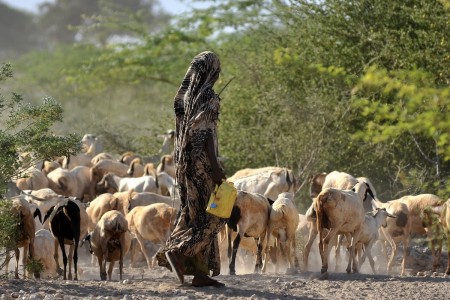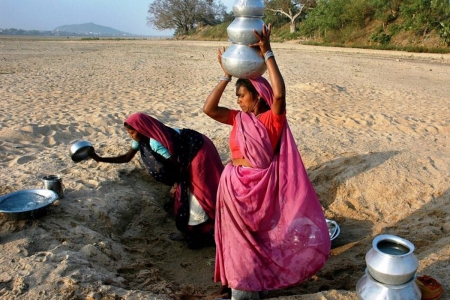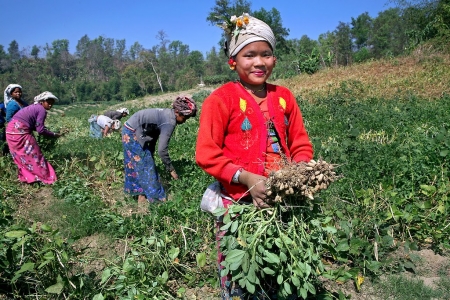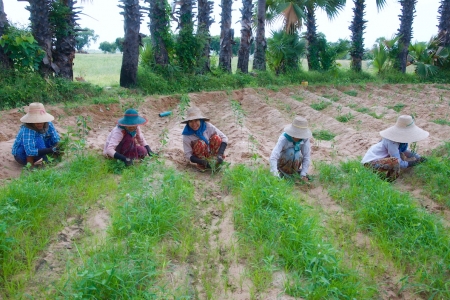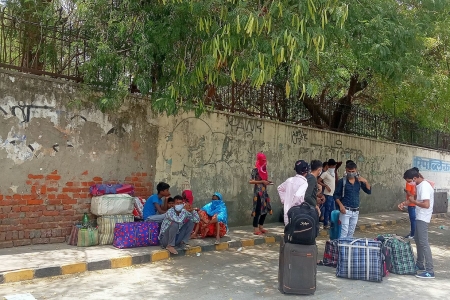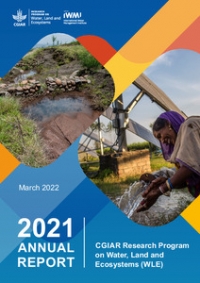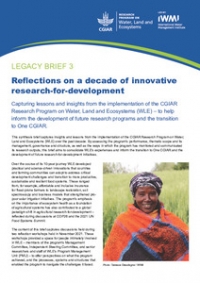Last year, villagers in India and Colombia used experimental games to practice working together and to develop strategies to manage water resources more effectively.
The research project under the CGIAR Research Program on Water, Land and Ecosystems (WLE) simulates real-life water resource decision making, such as selecting the most efficient irrigation techniques and the best crops for a certain area. The project is led by the International Food Policy Research Institute (IFPRI).
The idea is to strengthen a community's capacity to manage water resources and, hence, protect ecosystems.
Collaboration is key
"Sustainable water management requires people to work together, but such collective action is often missing in the real world," said Ruth Meinzen-Dick, an IFPRI senior research fellow and coordinator of the CGIAR Program on Collective Action and Property Rights (CAPRi).
Researchers increasingly have been using experimental games to assess the likelihood of cooperation, but the WLE project is one of the first to use games to strengthen cooperation. In the game played in India, for example, small groups from each village chose which crops to grow. Then, if their choices were unsustainable, the game ended - simulating the real-life risk of depleting groundwater tables.
In addition to collecting data to measure the games' impact on the behavior and attitudes of water users, the project team is developing a protocol to strengthen collective action for groundwater management in India and surface water management in Colombia, using the games as an entry point for discussion among the community on how cooperation could help improve water management.
Tackling poor water management
According to IFPRI's Global Food Policy Report in 2012, poor water management results in lower crop productivity, poorer nutrition and increased likelihood of land degradation. IFPRI concluded that agricultural practices must be strengthened to improve the lives of the nearly three billion people globally who go hungry or are malnourished.
Key partners in the experimental games project include the Foundation for Ecological Security in India, Universidad de los Andes in Colombia and Arizona State University.
"Our goal is to help village communities restore and protect their land and water resources," said Jagdeesh Rao, executive director of the nonprofit Foundation for Ecological Security. "We feel that the experimental games provide a good setting to communicate individual and collective choices in helping build a debate on local-level regulation of resources."
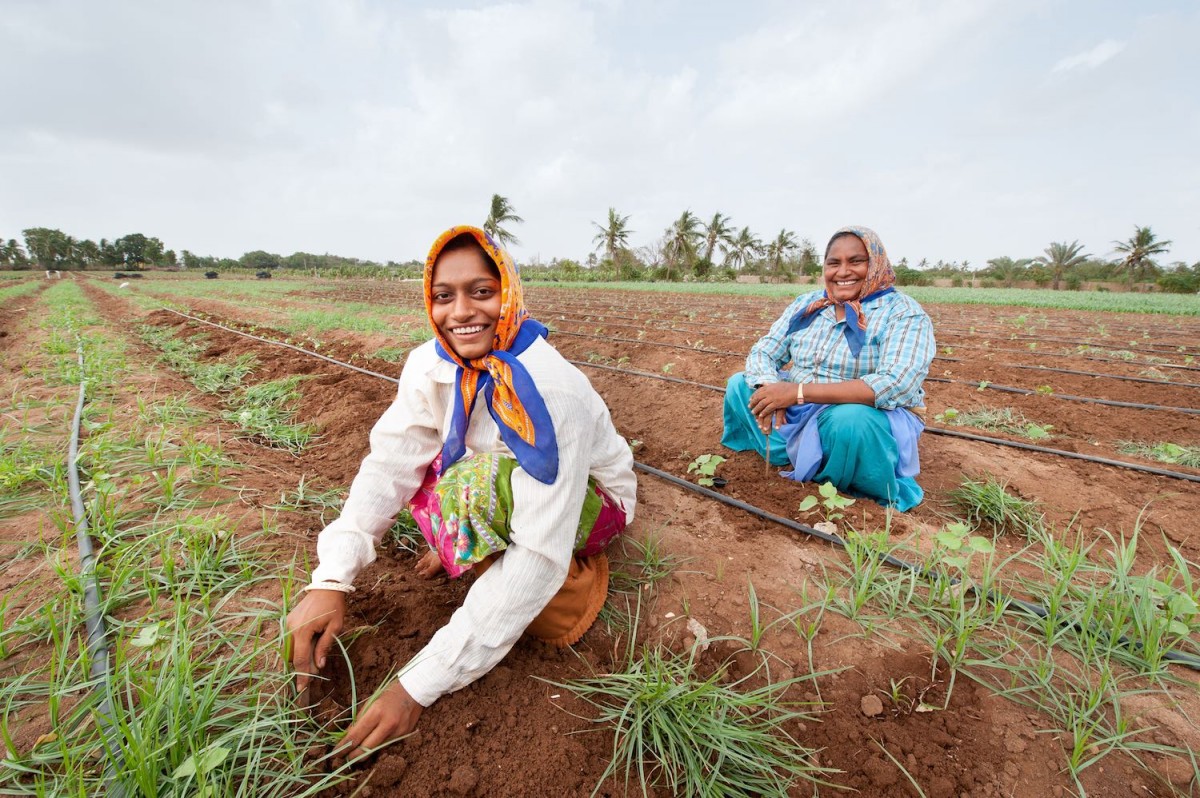
Gender matters in collective decision making
The project is examining gender differences in decision making. In India, for example, 180 villagers from Andhra Pradesh state on the southeastern coast participated in the games, with men-only and women-only games to ensure women's perspectives were included. Preliminary findings indicated that women were at least as likely as men to over-extract groundwater resources in the games, because they were prioritizing immediate family income needs..
In Colombia, 265 people from three rural areas and the urban area of Guasca, an agricultural center northeast of Bogota, participated in the games. Women and men played the games together because gender disparities related to water use are not significant in the area.
Changed practices and attitudes
WLE conducted a second round of games in Colombia and hosted community workshops to compare behaviors and attitudes over time and to examine urban and rural differences. They also collected water consumption data that will be used to evaluate whether or not participation in the games had an effect on water consumption. Preliminary results suggest that players' attitudes and reported behavior improved after participating in the games and post-game community discussions, compared with the control group that did not play the games. games, compared with the control group.
A video on the Colombian study is available. Analysis of both studies will be published in 2015.

